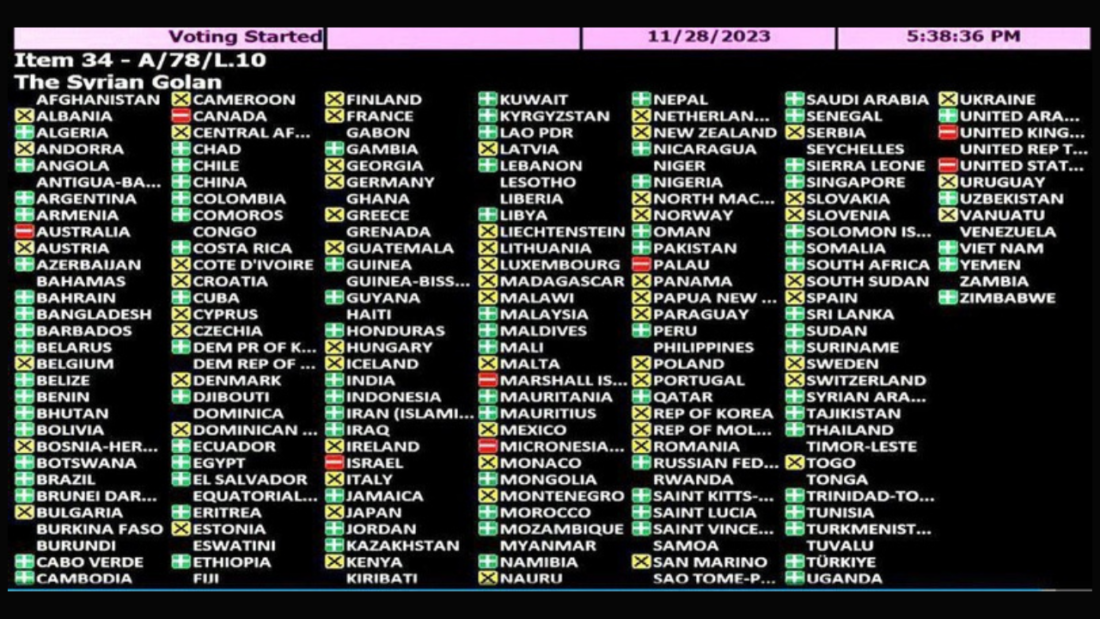
Extracts from the intervention of Neoklis Sylikiotis, Member of the Political Bureau of AKEL and AKEL MEP, in the debate “The debt – a bomb in the Mediterranean”
“The solution to the crisis lies in promoting development and protecting the welfare state and not Memoranda and neoliberalism”
“L’Humanite” Festival, Paris, 13th September 2014
….The European Union presents its economic integration as the solution to the crisis and the heavy blows dealt to the economies in Europe. In reality, however, the EU is promoting a neoliberal economic model based  on austerity policies, which is curbing the right of Member States to decide and determine their own economic policies. Coordination from Brussels has now become a dictate from it, which aims at serving the Eurozone’s real purpose, that is to say, the total liberalization of the market, the deregulation of labour relations, the dismantling of the welfare state and the selling off of state and public property.
on austerity policies, which is curbing the right of Member States to decide and determine their own economic policies. Coordination from Brussels has now become a dictate from it, which aims at serving the Eurozone’s real purpose, that is to say, the total liberalization of the market, the deregulation of labour relations, the dismantling of the welfare state and the selling off of state and public property.
These are not new recipes. They have already been implemented by the International Monetary Fund in the countries of Latin America and African. These policies impoverished peoples in these countries, such as for example in Argentina, Bolivia and Chile. Governments, however, have managed to confront the IMF and pursue economic policies that do not impoverish the people, but on the contrary bring development and safeguard the welfare state. Today the IMF is part of the Troika and determines, together with the European Commission and the European Central Bank, the future of the South in the EU. The Troika is not subject to any democratic control, thus continuing with the blessing of the EU undisturbed the IMF’s destructive work.
This unprecedented attack on the right of each state to determine its own policy disregards a very fundamental principle: the economy of each Member State has its own characteristics, and follows a different development model. If this is not respected, if mechanisms are not in place to protect it, then there is no real hope of an exit from the crisis. Otherwise the EU economies will remain in debt as the examples of Greece, Ireland, Spain, Portugal and Cyprus demonstrate. In Greece sovereign debt has reached 160% of GDP and unemployment has risen to 27.9%. In Portugal, 127.8% and 13.9% respectively. The statistics with regards Ireland and Spain do not show much better results: the former has a debt of 107% of GDP, and the latter 93%. One and a half years since the imposition and implementation of the Memorandum, Cyprus has a 115% debt of GDP. For us, the Left, one thing is clear: the policy being followed and that is driving these states to such levels of debt aims solely at controlling the peoples, as it did in the past in Latin America, in favour of the multinational companies, the big banks and their advocates in various countries.
The right-wing government of Cyprus dealt a fatal blow to the banking sector of the Cyprus economy on 25th March 2013 with the conclusion of the Anastasiades -Eurogroup Memorandum. The “bail-in”, together with the anti-social provisions of the Memorandum, does not create under any circumstances preconditions for a “rescue” but creates prerequisites for the destruction of the Cyprus economy. The Memorandum leads to a vicious cycle of inhuman demands on society and the economy, the exertion of pressure from the lenders, the imposition of new cuts, and new additional demands.
One and a half years after the Memorandum unemployment in Cyprus has climbed to 15.5%, and youth unemployment at 37.3%. The right-wing government of Anastasiades insists on privatizations, even though these will have no real impact on the repayment of the debt Furthermore, it is insisting on cutting wages, pensions, social benefits and doing everything possible to reduce so-called “labour costs”.
AKEL believes that neoliberalism and the Memoranda are not a solution to overcoming the crisis. Even the United Nations itself stresses this fact in their recent report on Trade and Development for 2014 The solution lies in implementing strategies that will boost the economy, increase domestic demand, and safeguard the welfare state. AKEL tabled proposals within this framework for the protection of the primary residence, a “ceiling” on rents and on interest arrears. For this reason we are struggling to reverse the decree on tourist shop opening hours throughout Cyprus, for a dignified minimum wage and a public National Health Scheme. We cannot accept that the Memorandum is the way to overcome the crisis. We are resisting neoliberalism and seeking alternative solutions that will give a real perspective to the peoples of Europe, Cyprus and its people.
(…)




